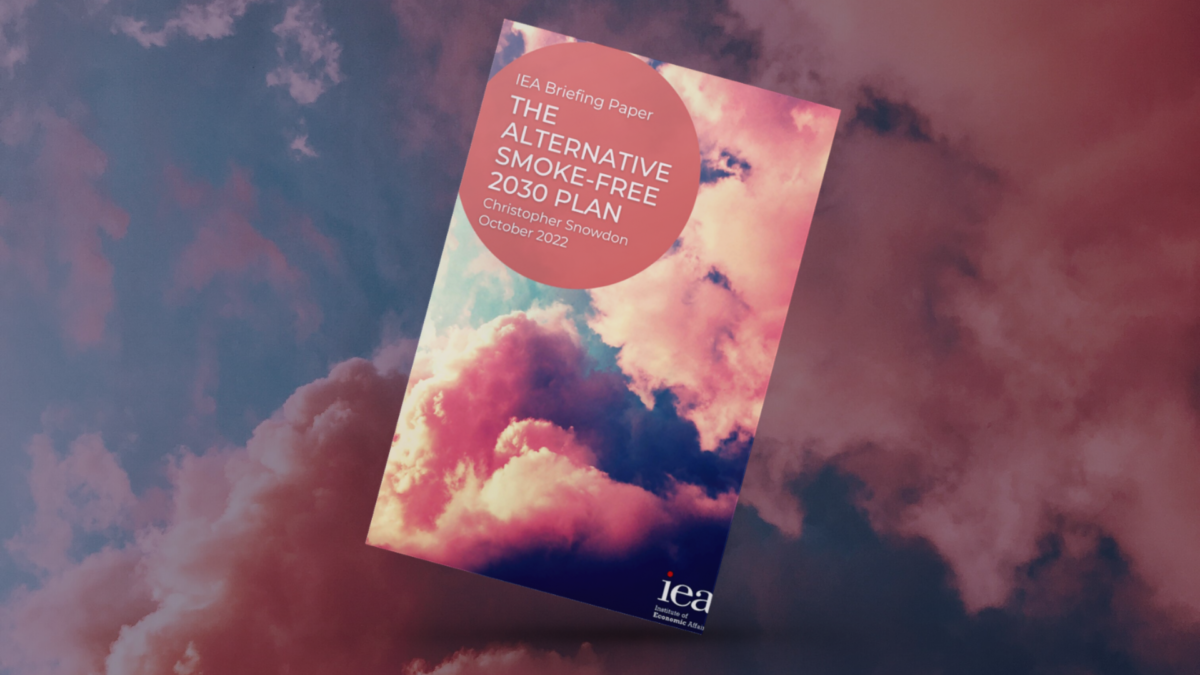Setting Universities Free: How to deliver a sustainable student funding system
SUGGESTED



Summary
- The provision of a higher education to a student is a service like few others. For the service to deliver value requires the active participation of the recipient. Even then, the range of possible outcomes – whether measured as personal or career development – is very wide.
- The heavy burden on the UK taxpayer from student loan losses is necessitating a reduction in state support for higher education.
- Given high inflation the decision to freeze tuition fees until 2024–5 will erode the real value of university income. The Russell Group forecasts this will cause significant losses and severe financial problems for the sector and a number of vice-chancellors have called for the freedom to set much higher tuition fees.
- Many students get a poor deal. A large proportion will suffer an effective earnings loss from attending university. They face loan costs which have become more demanding, with a liability that can last 40 years and a capital repayment value that grows with (currently very high) inflation.
- The moral hazards of a system where institutions are paid on sale (enrolment) rather than performance (outcomes) has resulted in abuses of the system such as the recruitment of unsuitable students, an explosion in the number of unconditional offers and the launch of courses with poor economic value.
- The guild-based apprenticeship system produced skills training and industry-wide innovation for more than 500 years. It transmitted both explicit knowledge and tacit skills to the apprentice, readying them for employability and mastery.
- The government considered a modern version of the medieval apprenticeship ‘income-sharing’ approach prior to the 2012 reforms. It was rejected as it was thought to be administratively complex.
- Subsequently, Open Banking legislation and the Financial Conduct Authority’s (FCA) openness to financial innovation has allowed the launch of Fintech start-up companies which now offer private sector income-contingent loans whereby universities share both in graduates’ income and in their return on education investment risk.
- Private sector income-contingent lending to pay for higher education has also been growing in the United States and Germany.
- Deregulating tuition fees, with any premium over the state loan amount covered by private sector income-contingent lending, increases sector resources while addressing the current system’s moral hazards leading to a long-term sustainable settlement of the university funding problem.
Fullscreen Mode



